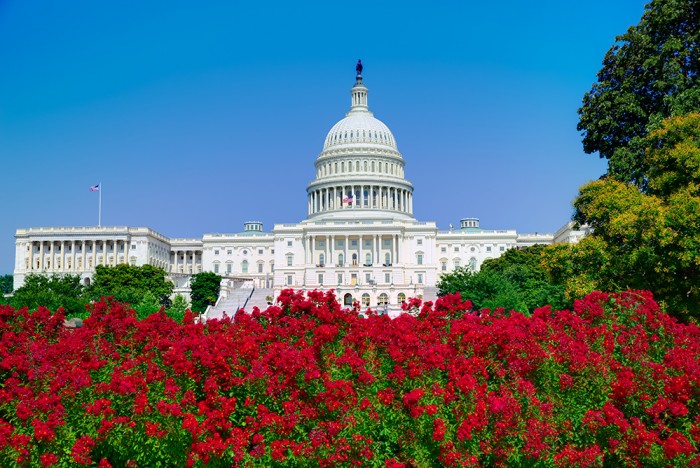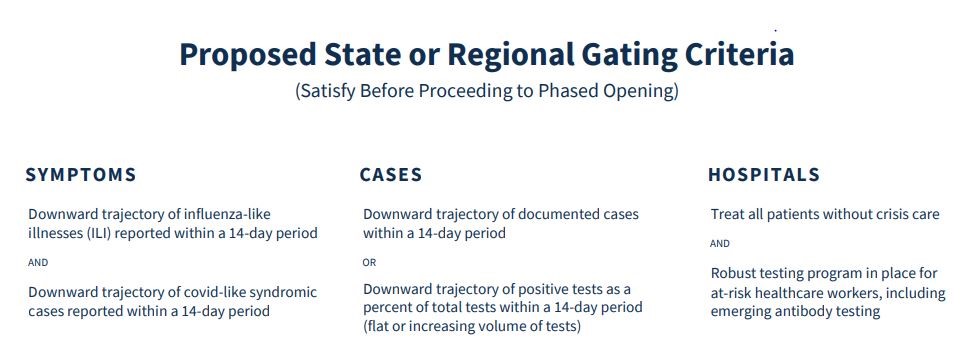In response to a civil rights complaint filed by Disability Rights Pennsylvania (DRP) and other advocacy groups, the U.S. Department of Health & Human Services’ Office for Civil Rights (OCR) announced on April 16, 2020, that Pennsylvania has made changes to its proposed guidelines on rationing of scarce medical care resources needed to treat COVID-19 patients that better protect people with disabilities from discrimination. Guidelines can be found here.
DOH removed criteria that automatically deprioritized persons needing critical care on the basis of particular disabilities and has included language to ensure that no one will be denied care based on stereotypes, assessments of quality of life, or judgments about a person’s “worth” based on disabilities. Importantly, OCR cautioned that “[t]his result does not, however, preclude future OCR enforcement in cases of potential discriminatory implementation of Pennsylvania’s policies by any covered health care provider.”
The Guidelines include the following protections for people with disabilities:
- No categorical exclusions. No person will be disqualified from receiving critical care solely on the basis of their disability. Health care providers cannot use a list of disabilities to de-prioritize those patients for critical care if rationing is implemented. As the Guidelines explain, such exclusions “will make many feel like their lives are ‘not worth saving,’ leading to justified perceptions of discrimination.”
- A prohibition on reallocation of the personal ventilators that adults with disabilities ordinarily use and bring with them when they seek care.
- No reference to specific disabilities as a basis to reduce the likelihood that those individuals would receive critical care.
- No consideration of life expectancy in the longer term, including 10-year life expectancy after critical care treatment.
- No one can “be denied care based on stereotypes, assessments of quality of life or judgments about a person’s ‘worth’ based on the presence or absence of disabilities or other factors.”
- All rationing decisions must be based on individualized patient assessments by clinicians using the best available objective medical evidence. This means that rationing decisions cannot be based on discriminatory assumptions about a person’s disability or medical condition.
- “Triage officers” – the health care professionals who will be responsible to make any rationing decisions – should receive training on implicit bias and cultural competency.
- Patients and their family members or caregivers who have concerns about rationing decisions should be notified of their right to express their concerns or file a complaint with the hospital. Unresolved or unsatisfactorily resolved complaints can be brought to the Pennsylvania Department of Health.
While the above changes go a long way in ensuring that people with disabilities do not suffer from discrimination, DRP remains concerned about a number of the Guidelines’ principles:
First, in rationing care, the Guidelines allow health care providers to consider predictions about how long a person will live in the short term, including up to five years after treatment, due to a disability or medical condition unrelated to COVID-19. This rule could unfairly limit access to health care resources for people with disabilities. To avoid discrimination, health care providers should only consider a person’s immediate term survivability, that is, the likelihood of surviving COVID-19 if provided treatment.
Second, the Guidelines do not explicitly instruct health care providers that they are required under the law to make reasonable modifications to accommodate people with disabilities, including by:
- Making modifications to the assessment tools used under the Guidelines if a person cannot be accurately and fairly assessed due to a disability.
- Making modifications for people whose disabilities might require a longer period of treatment – for example, on a ventilator – in order to ensure an equal opportunity to benefit from the treatment.
- Providing effective communication to people with sensory disabilities and making modifications to restrictive visitor policies to allow individuals with disabilities who need family members or staff to accompany them in the hospital to ensure that they are properly assessed and can participate in their treatment.
To continue to advocate for the rights of people with disabilities on this issue, DRP is opening a Health Care Rationing Hotline during the pandemic. Individuals with disabilities or family members or caregivers of individuals with disabilities who experience discrimination in health care rationing, who are denied effective communication at the hospital, or who are prohibited from bringing a needed family member or staff with them in the hospital should contact DRP at 1.800.692.7334 ext 402.
DRP has also created a fact sheet to assist people with disabilities with questions or concerns about medical rationing. It can be found here.


















